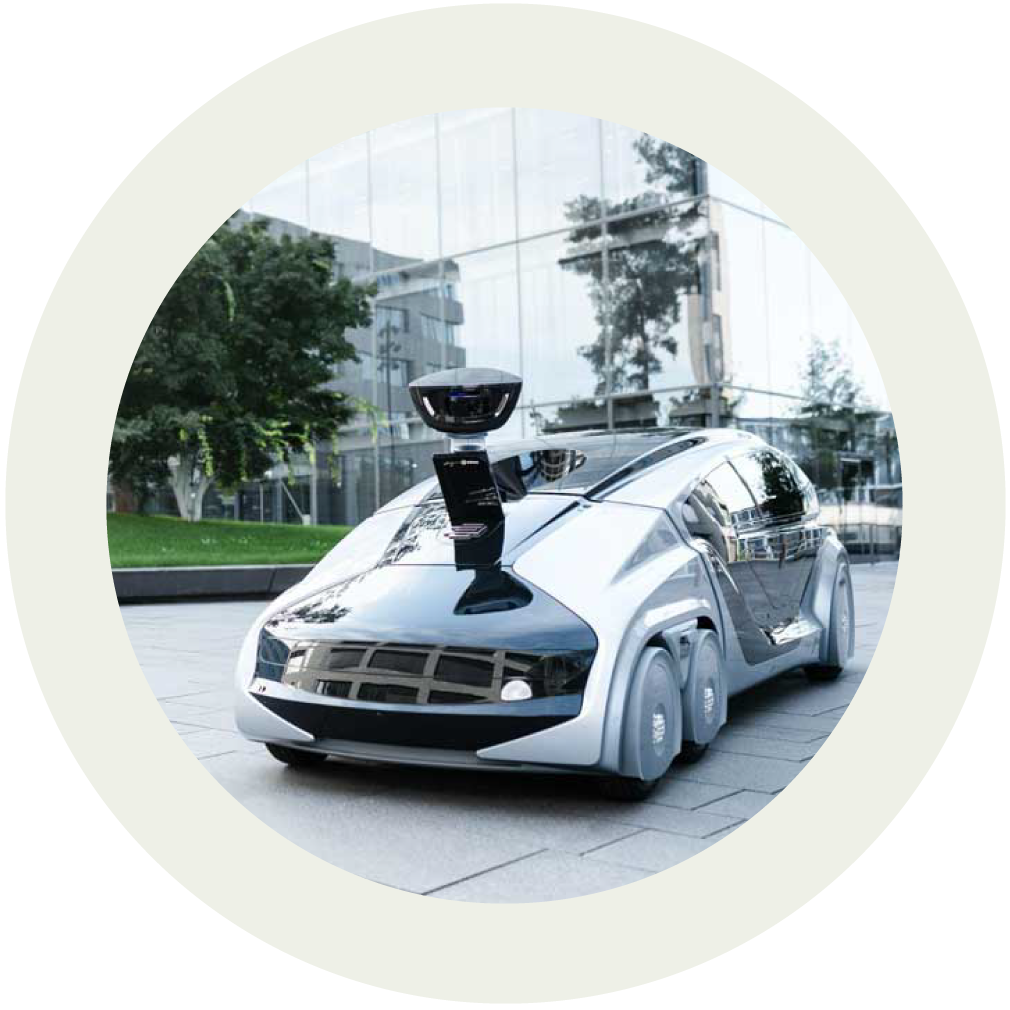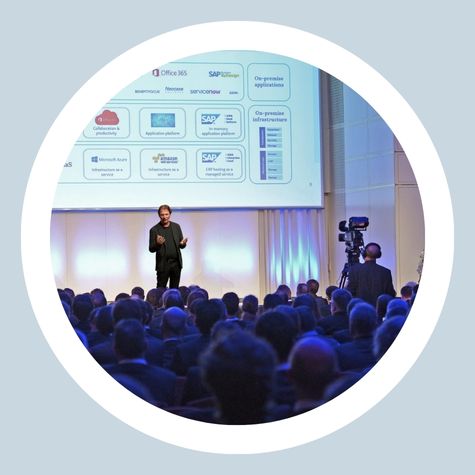We have been working in the field of artificial intelligence (AI) for more than 10 years.
AI is no longer just a vision of the future – it has become a driving factor of digital transformation in business, society and science.
Our chair has specialised in a particularly exciting area of AI: Generative Artificial Intelligence (GenAI). In recent years, we have been working intensively on researching the wide range of possible applications and exploring the limits. We are not only concerned with the development of algorithms and models, but also with the practical relevance and implementation of these technologies in real business contexts.








